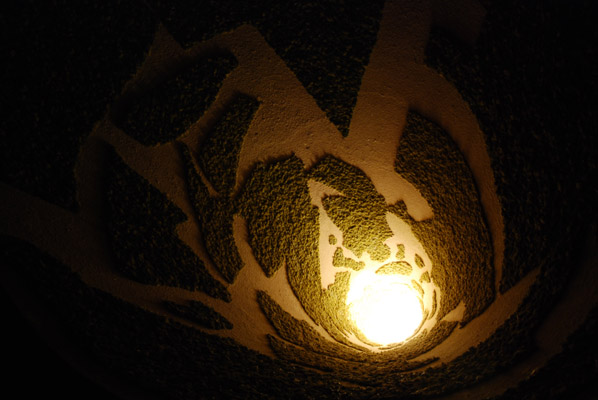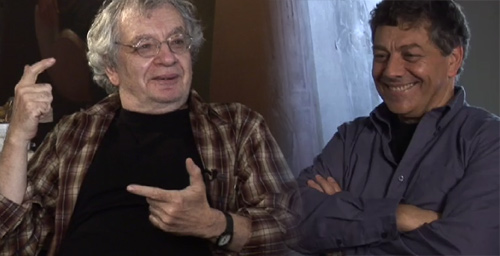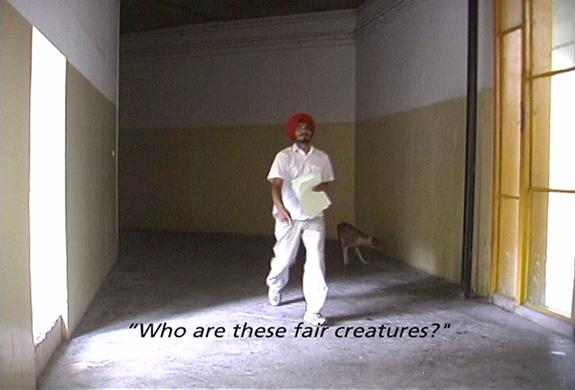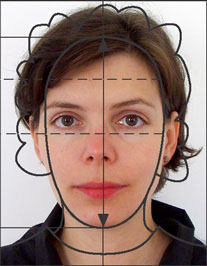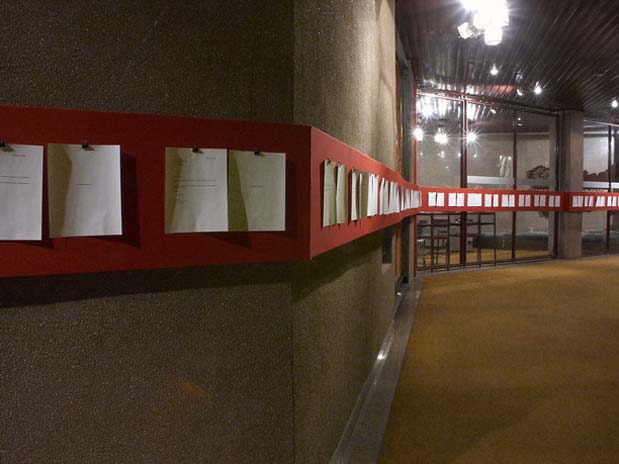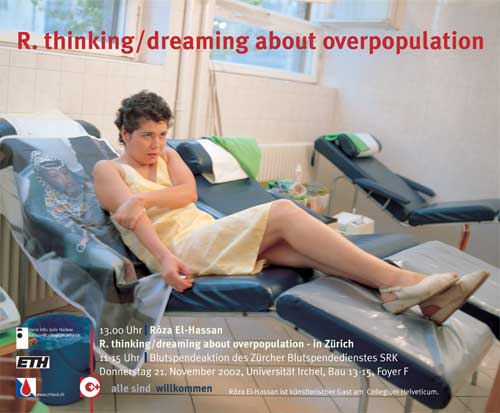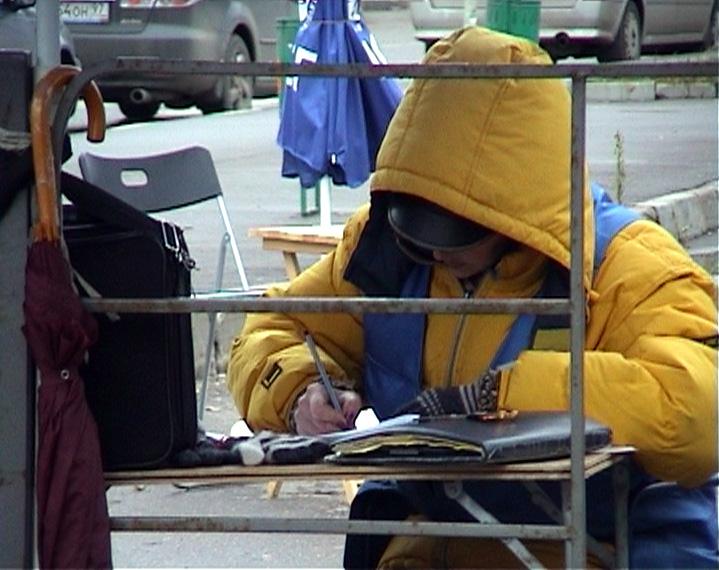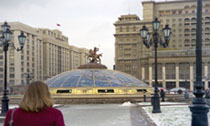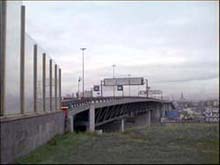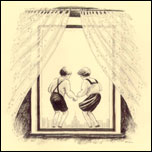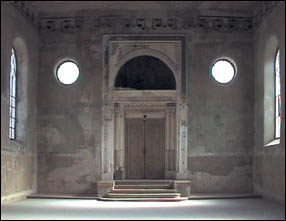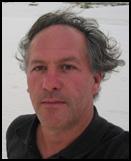A Conversation with Ilya and Emilia Kabakov
Once the center of the Moscow circle of conceptualists, Ilya Kabakov has become one of the most highly visible artists working today. He was named by ArtNews as one of the “ten greatest living artists” in 2000. Throughout his forty-year plus career, Kabakov has produced a wide range of paintings, drawings, installations, and theoretical texts — not to mention extensive memoirs that track his life from his childhood to the early 1980s. In recent years, he has created installations that evoked the visual culture of the Soviet Union, though this theme has never been the exclusive focus of his work. … Read more

